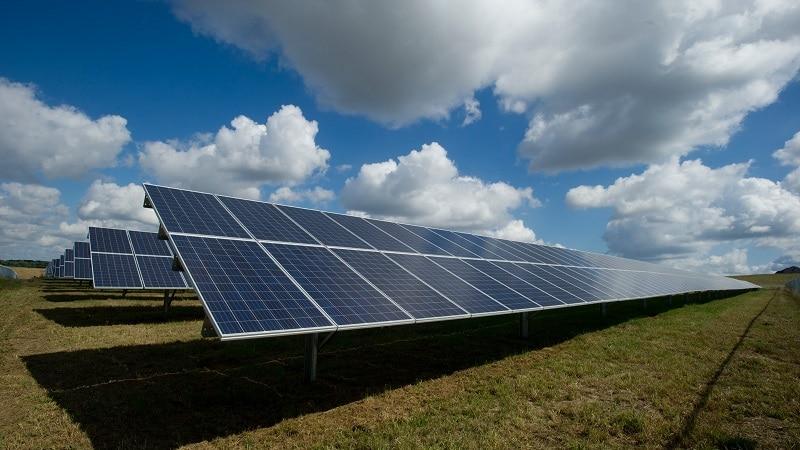According to one of the IEA scenarios, renewable energies will represent 80 % of the market in 2030.If the hydroelectric will remain the most important renewable energy source, solar will experience the strongest growth, ahead of land and sea winds.
Conversely, the IEA tables a gradual decrease in fossil fuels in the years to come."The era of a global oil demand will receive its term in the next decade," predicts Doctor Birol, "but their rapid decline will not arrive without real government policies," he warns.
Globally, the challenge for the coming years is to greatly reduce carbon emissions linked to energy production and consumption. « Seuls des changements structurels plus rapides dans la façon dont nous produisons et consommons l'énergie peuvent inverser définitivement la tendance des émissions [de CO2] », alerte le docteur Birol."Governments have the capacity and responsibility for taking decisive measures to accelerate transitions to clean energies and put the world on the path of the achievement of our climatic objectives".To achieve carbon neutrality in 2050 worldwide, IEA estimates that states must take drastic measures in the next ten years.











Samsung Galaxy S22, Uncharted et pl...
Tesla: you can now enjoy YouTube in...
EM – Butler vs Purdue Basketball Li...
Xiaomi Mi Smart Electric Folding Bi...